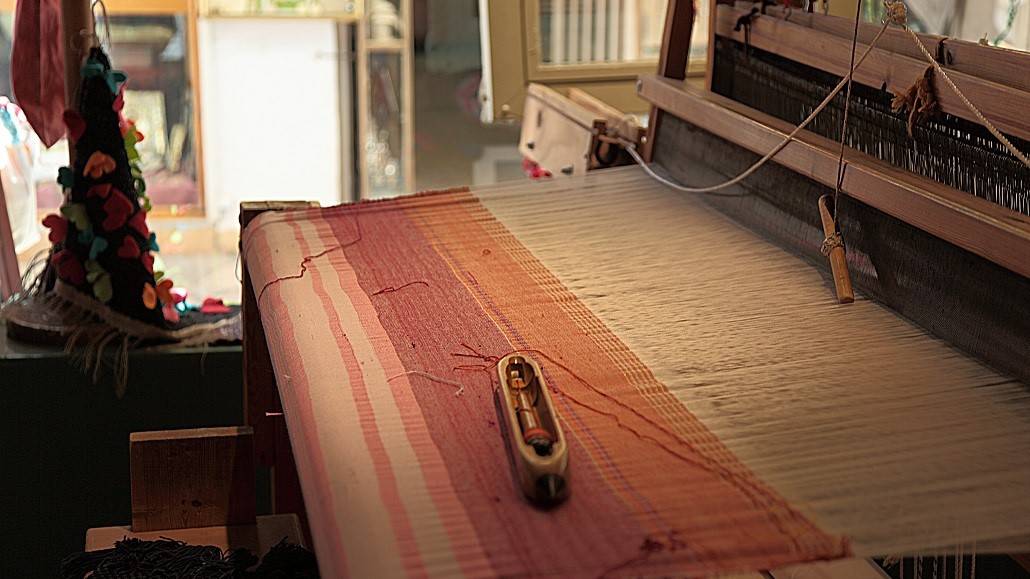The Indian government is optimistic that a forthcoming free trade agreement (FTA) with the United Kingdom will significantly enhance exports of handloom products, positioning London as a vital market for these textiles. A senior official from the Ministry of Textiles, M Beena, shared this perspective during an interview with Moneycontrol, emphasizing the administration’s commitment to the growth of the handloom sector.
Currently, India has only two established Handloom Parks located in Pochampally and Kancheepuram, which collectively support over 20,000 weavers. “Another park has been sanctioned in Arani, Tamil Nadu, and we hope to establish similar parks in various states,” Beena stated. The new facility is expected to accommodate up to 14,000 weavers and will provide comprehensive infrastructure to help industrialize traditional weaving techniques. Potential locations for future parks include Madhya Pradesh, Uttar Pradesh, Kerala, and the North Eastern states.
As of now, India boasts approximately 35.22 lakh weavers, with the central government aspiring to assist all of them in order to attract more individuals into the handloom sector. Notably, 72% of these weavers are women, highlighting the socio-economic importance of this initiative. “Handlooms predominantly exist in rural areas, making this support crucial from a social standpoint,” Beena added.
Efforts are also underway to establish additional “handloom clusters,” which are geographical concentrations of weavers and related workers engaged in creating handwoven textiles. Currently, handlooms account for about 10% of fabric production in India; the government aims to increase this percentage in the coming years.
From FY16 to FY25, the central government has allocated ₹496 crore in financial support to 715 handloom clusters, benefiting over 173,421 weavers. Regarding the anticipated trade agreement with the UK, Beena noted, “We hope the FTA will significantly boost India’s handloom exports and establish London as a key market.”
In the fiscal year 2020-21, handloom exports to the UK totaled ₹140.2 crore, reflecting a 9.7% year-on-year increase. The total handloom exports for FY21 reached ₹1,644.8 crore, while FY23 exports stood at ₹1,445.5 crore. The complete data for FY24 and FY25 are not yet officially available.
“There is considerable interest in the UK and other international markets for Indian handlooms, which are in demand for home décor items such as bed sheets, cushion covers, and tablecloths,” Beena noted. She emphasized that India, which produces 95% of the world’s handlooms, has great export potential that the FTA with the UK is expected to facilitate.
Currently, handloom products represent only 1-2% of India’s overall textile exports, valued at $36.71 billion. Beena stated that all FTAs, whether signed or under negotiation, will ultimately benefit the textile sector by increasing export opportunities.
Under the recently signed India-UK Comprehensive Economic and Trade Agreement (CETA), India will gain duty-free access to UK markets, where textiles previously faced a 12% duty. In an official announcement dated July 27, the government noted that India’s textile and clothing exports to the UK are currently valued at only $1.79 billion. With the FTA promising to eliminate trade barriers and provide duty-free access, this sector is well-positioned for growth.

































